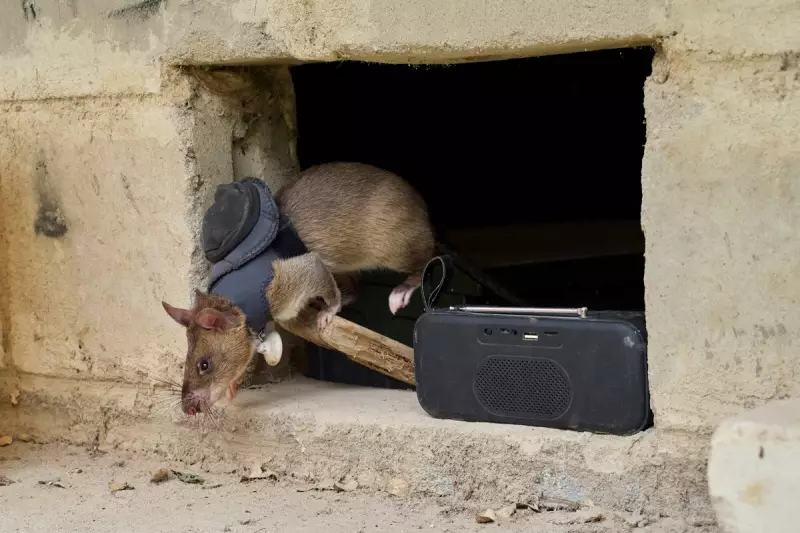
In a remarkable fusion of nature and science, Tanzania is pioneering a groundbreaking public health initiative that relies on an unlikely task force: highly trained rats and dogs. These animal detectives are being taught to sniff out deadly diseases with a level of precision that rivals, and sometimes surpasses, conventional technology.
The Super Rodents of Morogoro
At the forefront of this initiative is APOPO, a non-profit organisation based in Morogoro. For years, they have been famous for their 'HeroRAT' programme, which used African giant pouched rats to detect landmines. Now, they've pivoted their expertise to medical detection.
These incredible rodents are being trained to identify the scent of tuberculosis (TB) in human sputum samples. Their sense of smell is so acute that they can process hundreds of samples in a fraction of the time it takes a lab technician, dramatically speeding up diagnosis and helping to curb the spread of the disease.
Canine Companions Join the Fight
Not to be outdone, man's best friend is also joining the battle. Specially trained sniffer dogs are being deployed at airports and other ports of entry as a novel, non-invasive method for mass COVID-19 screening.
The science is simple yet brilliant. Viral infections can cause subtle changes in human body odour. These dogs, primarily German Shepherds and Labradors, learn to identify this unique scent signature, sitting down to alert their handler when they detect a positive case.
A Faster, Cheaper Diagnostic Tool
The advantages of this four-legged fleet are immense. They offer a quick, cost-effective, and highly mobile solution for mass screening, particularly in regions with limited access to expensive PCR testing facilities. This innovative approach could be a game-changer for public health systems across Africa, providing an early warning system for future pandemics.
This Tanzanian-led innovation demonstrates that sometimes the most advanced solutions aren't found in a lab, but in the natural world around us. By harnessing the unparalleled olfactory abilities of animals, we are unlocking new, powerful ways to fight disease and save lives.





